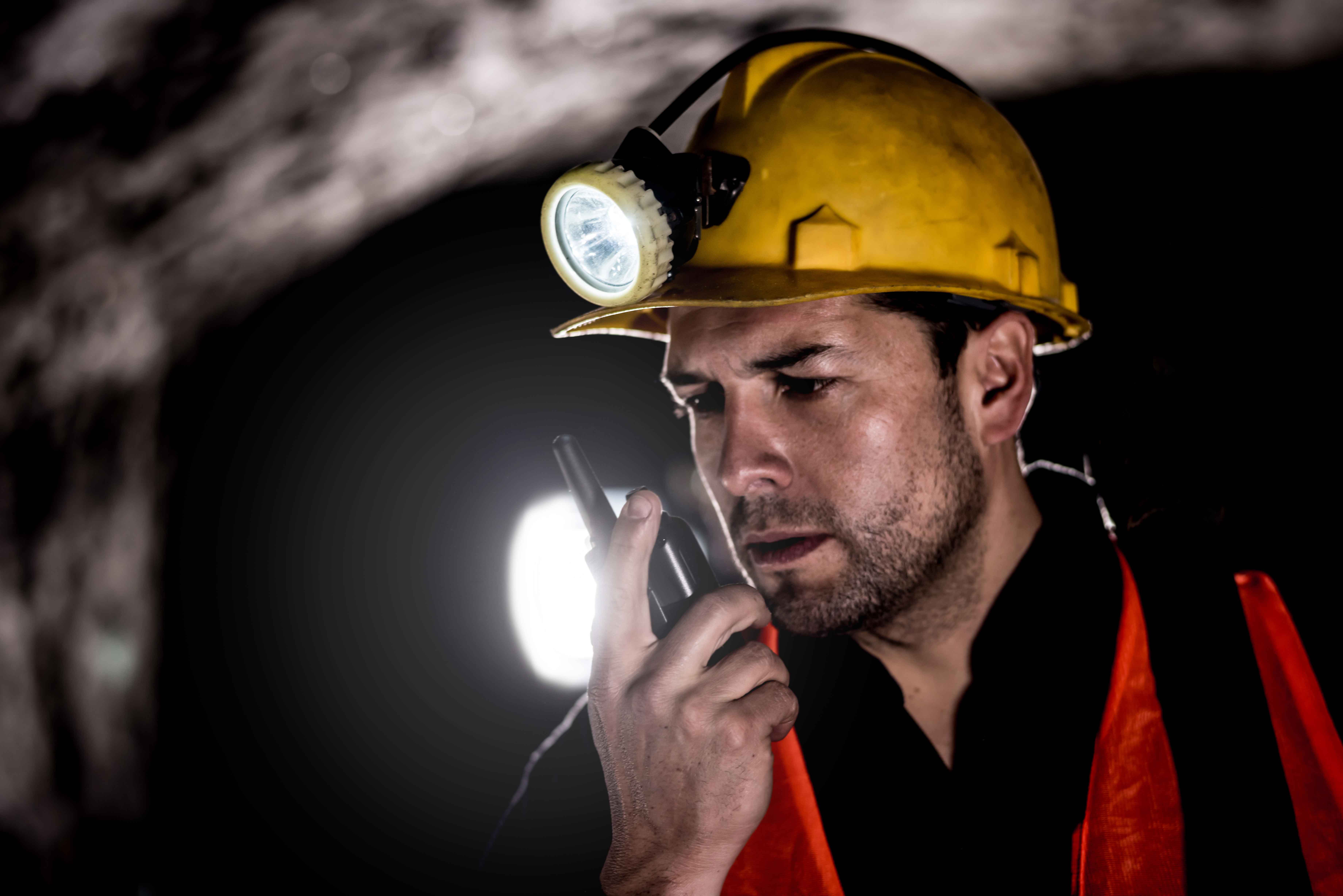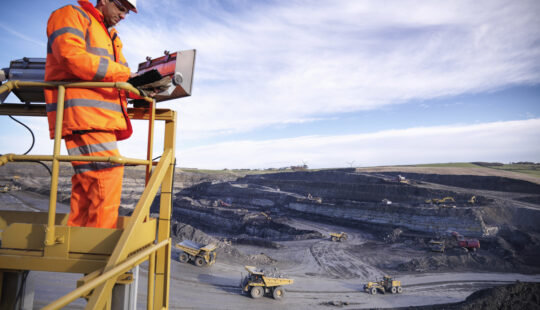Industries everywhere are undoing immense changes in the way they work and communicate since the outbreak of COVID-19. And with further developments and shifts occurring daily, it’s challenging to properly anticipate what will happen or how to prepare for it.
Within mining, this global pandemic has demonstrated the need for flexibility and rapid responsiveness. While mining services have been deemed essential to the economy, this shift has led to roles labelled non-essential moving towards digitalisation. Companies have been driven towards work-from-home capabilities to limit public contact and mining is no exception.
Digital transformation was and remains a critical safeguard to limiting people’s immediate contact as it enables staff to operate remotely and unlock avenues for automation. At times of heightened caution for people’s safety, automation is paramount to protecting people and businesses.
Supply Chain Impact
As of writing this, Australian mining production continues, however news changes develop quickly, and governments continue tightening restrictions on people’s movement and gathering. With availability of workforce under risk, the other critical impact is on availability of goods and potential bottlenecking at primary shipping ports.
With increasing mining organisations undergoing streamlining supply chain processes and optimising inventory management, this increased efficiency has also reduced the ability for some companies to cope with global shock events like COVID-19.
However, digital platforms and intelligent technologies have equipped many businesses with the right demand management systems to leverage different strategies and sources for supplies. The dynamic complexity of comprehensive data analysis can help highlight vulnerabilities in real time and present other options or outcomes.
It’s a challenge to understand completely the effects of COVID-19 for mining as the pandemic continues evolving and measures a continually being implemented to curb its spread globally. Organisations with links to countries that have seen significant impacts, such as China, Korea, the US, Italy, and Spain should proceed with caution and consistently monitor how the virus could impact on operations.
The Vital Next Steps
A comprehensive report from McKinsey outlined some valuable next steps for businesses that applies to any industry. The first and most important step is to support and protect employees during this time of uncertainty.
As the challenge is ever evolving, it’s important to listen closely to staff to help ensure their safety whether on- or off-site. Now is the time to communicate with people clearly and calmly, explaining what they can do to remain safe, productive, and informed.
The next step is to monitor key indicators of where the pandemic is evolving and start planning for more potential impacts as coronavirus continues to develop. Data from the regions of your key suppliers and customers could be vital in adapting your business process to safeguard from further interruptions to your supply chains and production processes.
Mining organisations must think about the next horizons of COVID-19. The urgency of immediate response to changes can make it difficult remain forces on what’s needed tomorrow or further down the road. Beyond the needs to today companies should be adapting to this change and hopefully emerge more resilient, more efficient, and flexible for future changes.
Centralising your systems and communications is paramount – not only for keep operations running and staff safe, but as a means of safeguarding against future impacts and getting ahead of any developments. It also helps to be transparent and responsive with staff, this ensures your organisation can maintain momentum and safety at challenge times like these.
With massive confusion and ever-changing news developments, it’s valuable having some reliable information resources that can offer guidance during this crisis. SAP recently hosted a series of virtual forums called 2020 Adapting Strategies in a Changed World, with industry-specific episodes to help companies make sense of the changing situation and utilise the latest technology trends for futureproofing their business. In looking back on the past few months, we also have a second edition of Adaptive Strategies in a Changed World for Mining – Live on August 6th. Register now.
The Industry Forum for Mining featured a panel of speakers to discuss some key topics, that included Paul Mitchell, Global Lead for Mining & Metals for EY, Indrasen Naidoo, Managing Partner with Integral Supply Networks Advisory, Barry FitzGerald, Australian Mining and Business Commentator and Melinda Cilento, CEO with CEDA.
The forum explored the future of workforce in this post-COVID-19 world, how companies can adapt and change in light of this global pandemic, and the new workforce strategies that will emerge from this worldwide shift.
We also assessed the full impact on mining and resource supply chains – looking at commodity prices and the major disruptions that continue to shake our industry. Register for the second edition in this series, going live on August 6th 2020.




